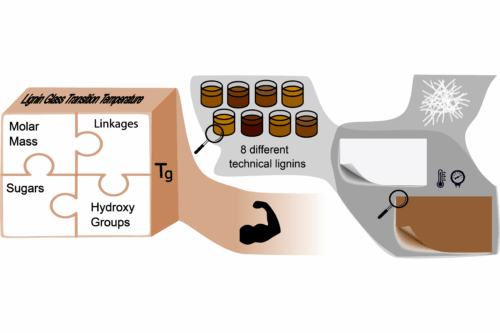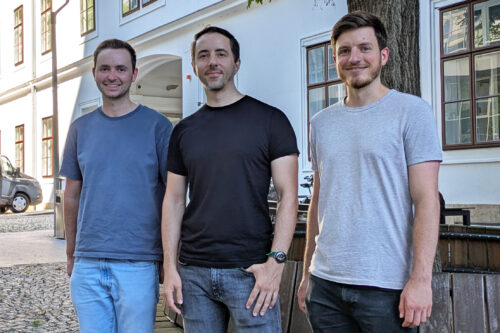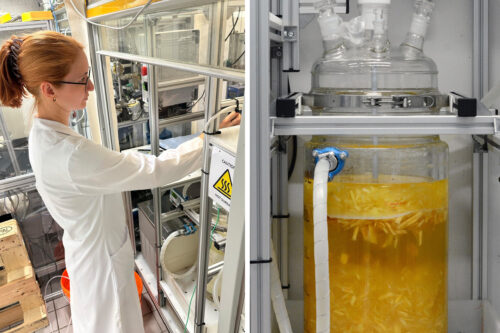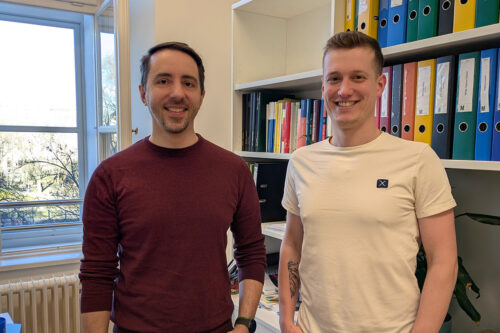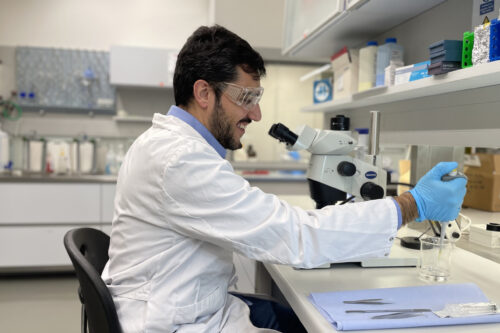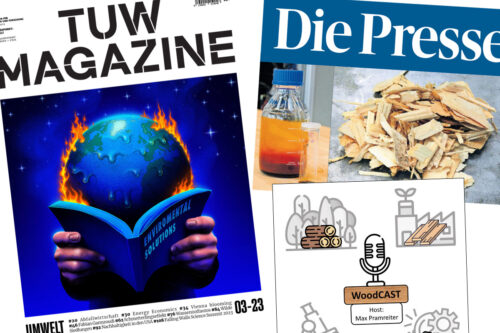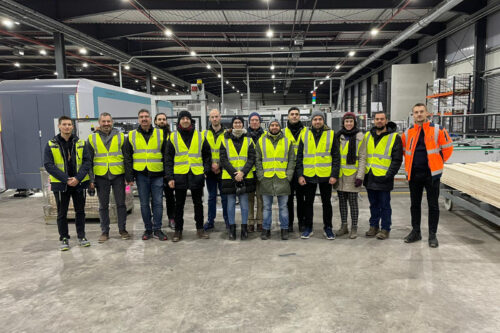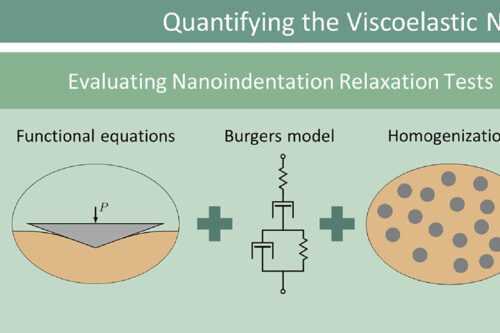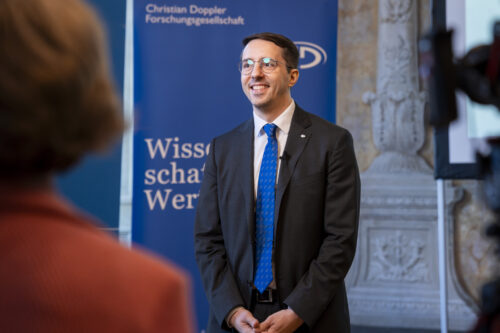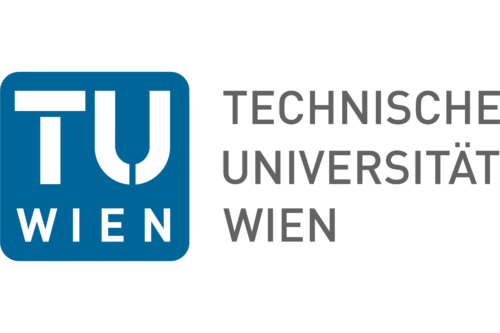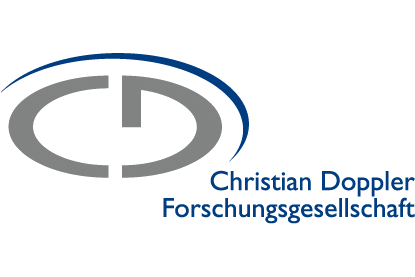Welcome to the CD Laboratory for Next-Generation Wood-Based Biocomposite
This CD lab develops processes for the production and characterization of sustainable biocomposite materials based on sawmill by-products. Our goal is to create both a biocomposite material using the main constituents of wood (wood fibers, lignin, extractives, etc.) with significant mechanical properties and, in parallel, a production and design concept for next-generation biocomposite elements. We are, therefore, developing computational simulation tools in parallel. This enables us to develop and optimize the new material in a targeted manner.
Vision for the CD laboratory
Together with active and sustainable forest management, timber constructions not only ensure that CO2-causing building materials are replaced but also that significant amounts of CO2 are stored for the duration of use. If the by-products that are produced in large quantities in sawmills can now also be put to a higher-value use in a biocomposite, then not only an important contribution to climate protection will be achieved but a further value-added chain for the wood industry, an essential economic sector in Austria, will be created.
To achieve this, we have established a strongly interdisciplinary research program in which a biocomposite will be developed using a chemistry-based and simulation-guided approach. The raw material and the material to be developed will be examined, understood, and ultimately modeled on all length scales. This will allow for targeted development and optimization of the new biocomposite material, laying the basis for entirely new lightweight products with complex geometries and demand-specific properties.
Christian Doppler Laboratories
In Christian Doppler Laboratories, application-oriented basic research is carried out at a high level, with outstanding scientists cooperating with innovative companies. The Christian Doppler Research Association is regarded internationally as a best practice example for the promotion of this cooperation.
Christian Doppler Laboratories are jointly funded by the public sector and the participating companies. The most important public funding body is the Federal Ministry of Labor and Economy (BMAW).




